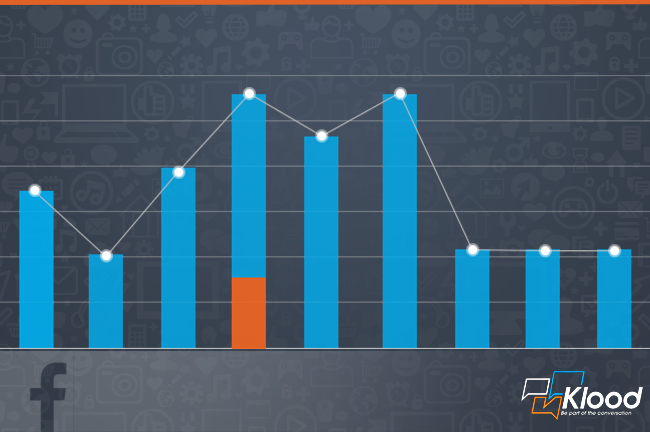
Get weekly
HubSpot updates
Last week (10th December to be exact) Facebook announced that it would be introducing a range of new tools for publishers based on feedback they have received over the last few months. With the majority of tools and insights now available to all pages (with the exception of Smart Publishing) let’s take a look at what they are and what it means for businesses
Interest Targeted Posts
First on the list is a new feature that will allow you to publish your posts to segments of your fans based on their interests. This is something that has been happening for a while in the email-marketing world, where brands will ask subscribers for what they’re interested in and then through dynamic content send them material on those topics. To see this level of tailoring and personalisation start to take effect in the social world is only a good thing and something that should further help to move the important metrics in the right direction.
As an example, let’s say you were a cool, digital marketing agency based in Milton Keynes. You blog on a range of subjects from social media marketing to search engine optimisation as well as more general business and marketing topics. A high percentage of your fans are only interested in posts on a specific subject (e.g. social media) and don’t have an interest in others (e.g. SEO). You can now cater to those people by only publishing posts to those interested in ‘Social Media Examiner’ or vice versa by targeting fans interested in ‘Search Engine Land’.
Post End Date
This feature will allow Page admins to set a time and date when their posts will no longer show in News Feed. This is particularly useful for media brands that will often be posting content that becomes quickly out of date.For example (see below), if you’re posting about an upcoming sporting event then it’s likely once that event has passed the post is no longer going to be relevant.
Alternatively, if you’re hosting your own event and posting information about parking or speaking times then there is no need for that to be in News Feed past the time the event has started. Another example would be a discount or promotion with an expiry date for e-commerce sites.
Smart Publishing
Whilst the other two are certainly extremely useful, it’s likely that this is the tool that will really intrigue people most.
According to Facebook, “Smart Publishing is a new, optional tool that identifies and publishes stories that are popular with people” so that “once you enable the setting, frequently shared links to your website can appear in News Feed for people who like your Page”.
As you’ll see from Facebook’s article it’s very vague as to how this actually works, but based on the little information we have, it appears the tool will auto-share links that other people across Facebook (whether they are fans of your Page or not) have commonly shared from your site.
An interesting concept, though I could see issues arising if your content was being shared for the wrong reasons. However, given that this is only currently available to a carefully selected group of media publishers I’m sure they’ll have a solution to that.
Improvements to Domain Insights
Domain Insights (accessible to Page admins here) may be an unknown feature to many, but in essence, it gives you reporting and analytics on links you have shared to your own website.
What Facebook have now done is to add a ‘Top URLs’ section “which displays URL-level reporting and shows when other Pages and influencers share a post you’ve made”.
Nothing groundbreaking there, but a good improvement nonetheless – a little extra data never hurt anybody!
All in all, a pretty solid update and particularly good to see such a large feature release based on feedback from Page admins. However, what struck me about this release is that, amidst all the controversy over the algorithm changes, Facebook have created something of a rarity: a win-win-win situation.
1. Win for the user
Marketers start to better tailor content to users. Users see more of what they’re interested in and less of what they’re not. Win.
2. Win for the marketer
Through interest targeting content, brands should expect to see better engagement rates as it’s shown to those who are even more likely to be interested. A more engaged audience (in practice) should lead to better brand affinity and better brand affinity to better financial returns too. Win.
3. Win for Facebook
Combine the two of the above and you have a happy (and growing) user base. A happy user base means marketers are going to keep marketing, particularly when their metrics are likely to be positively impacted. Marketers means advertising and advertising, which currently makes up 92% of Facebook’s revenue, means happy Facebook. Win.
Whether this is actually a clever ploy from Facebook to appease the algorithmically scorned marketers with the flattery of ‘we hear you’ and the unmentioned likelihood that these features will improve key metrics like Engagement Rates. If that is the case, we’ll likely never know, but either way when it’s win-win-win there can’t be many complaints.

